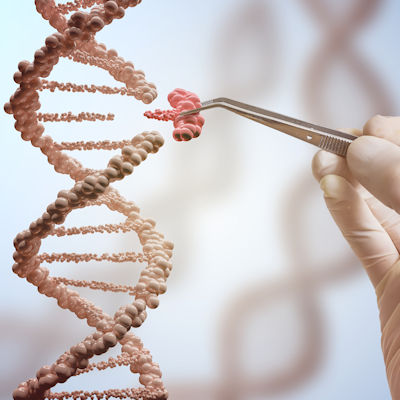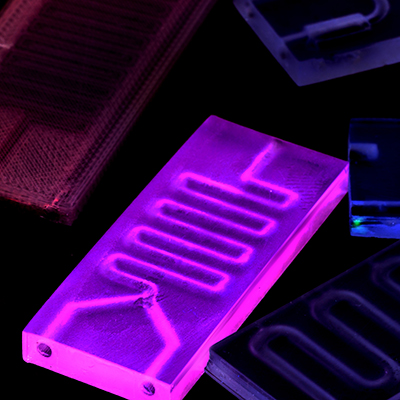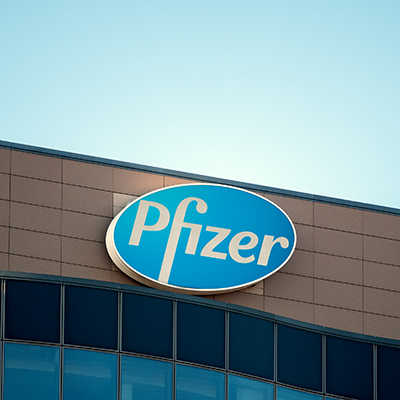December 7, 2020 -- Pfizer has announced safety and clinical response results from its ongoing phase I study of its bispecific antibody for multiple myeloma. The company also updated follow-up data from a phase I/II study of SB-525/PF-07055480 (giroctocogene fitelparvovec), an investigational gene therapy for patients with severe hemophilia A.
Results from the bispecific antibody (PF-06863135) clinical trial showed manageable safety across all subcutaneous dose levels with no toxicities, and 83% of patients achieved a clinical response at the highest dose level. PF-06863135 is a bispecific antibody designed to bind to B-cell maturation antigen (BCMA), which is highly expressed on the surface of multiple myeloma cells, and the CD3 receptor found on the surface of cancer-fighting T cells. The antibody therapeutic optimizes BCMA and CD3 binding affinity for potent T-cell-mediated anti-myeloma activity.
Results from the gene therapy trial, developed as part of a collaboration agreement with Sangamo for the global development and commercialization of hemophilia A gene therapies, includes 85 weeks of follow-up data. All five patients in the high dose group showed sustained factor VIII (FVIII) activity levels with no patients experiencing any bleeding events within the first year.
Giroctocogene fitelparvovec is a recombinant adeno-associated virus serotype 6 vector that encodes the complementary DNA for the B-domain deleted human FVIII.
In 2019, Sangamo transferred the manufacturing technology and the investigational new drug application to Pfizer.
Copyright © 2020 scienceboard.net










